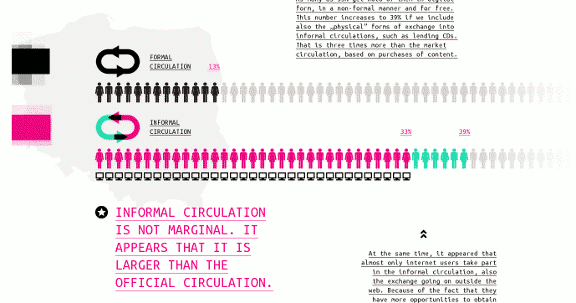From at least the mid-1980s through the mid-1990s Pat Choate seemed to me to be the go-to pundit for anti-foreign (where “foreign” means “not USian”) punditry. His basic view seemed to be that foreign businesses, governments, and people were bad and sought to undermine everything USian. Hence he was opposed to trade and immigration, and sought a variety of nationalist and nativist policies to fight this conspiracy. I hated everything he wrote. “Protectionist” was a charitable description of him.
He ran for VP with Ross Perot in 1996. I ceased to notice him from about that time, probably largely because I started to cut back on following the spectacle of current events around then.
Today I learned via two posts at Techdirt that Choate had by 2005 (date of a book he wrote titled Hot Property, with hilarious burning compact disc book cover art) added intellectual protectionism to his repertoire:
We recently posted about an absolutely ridiculous NY Times op-ed piece in which Pat Choate argued both that patent laws have been getting weaker, and that if we had today’s patent laws in the 1970s that Apple and Microsoft wouldn’t have survived since bigger companies would just copy what they were doing and put them out of business. We noted that this was completely laughable to anyone who knew the actual history. A day or so ago, someone (and forgive me, because I can no longer find the tweet) pointed me on Twitter to a 45 minute excerpt from a documentary about the early days of Microsoft and Apple and it’s worth watching just to show how laughably wrong Choate obviously is.
I’m sorry to report that I get some dim satisfaction from learning that Choate’s trajectory led him to intellectual protectionism and feel some additional validation for using that term to describe copyright, patent, trademark, and nearby.
…
I also noticed today, in searching for “intellectual protectionism”, that Rick Falkvinge is thinking about using the term. I endorse that, though more recently my preferred expansion of “IP” is Inequality Promotion — “intellectual” and “protect” each sound nice, and there’s precious little about equality in “IP” discourse. But there is a bit about inequality in the first use I can find of “intellectual protectionism” more or less in contrast to “intellectual property”, a 1999 OECD publication The Future of the Global Economy: Towards a Long Boom? in a description of a “high friction world” scenario:
This is a winner-take-all economy where a small knowledge elite captures most of the economic value. The economic structure rewards a few and leaves the great majority behind. The resulting social friction of a two-tier society consisting of “knows” and “know-nots” consumes much of the economy’s potential in a vicious cycle.
The fruits of innovation drive economic growth in some parts of the world, creating local islands of prosperity. Highly educated knowledge workers do very well, but a modest education produces little economic benefit. Low wages characterise most service and manufacturing work. Overall, organisations evolve very slowly and remain mainly traditional in form. The “fast” gradually pull away from the “slow”. Highly divergent outcomes result as a few countries do well behind high-security shields and others fall behind. Intellectual protectionism is rife and the free flow of ideas is highly constrained by those who want to protect the value of their intellectual property and those who want to prevent the informational “pollution” of their populations.
 At the FSF’s annual conference
At the FSF’s annual conference 